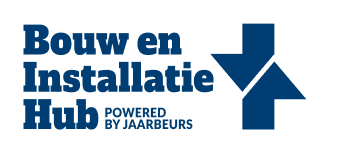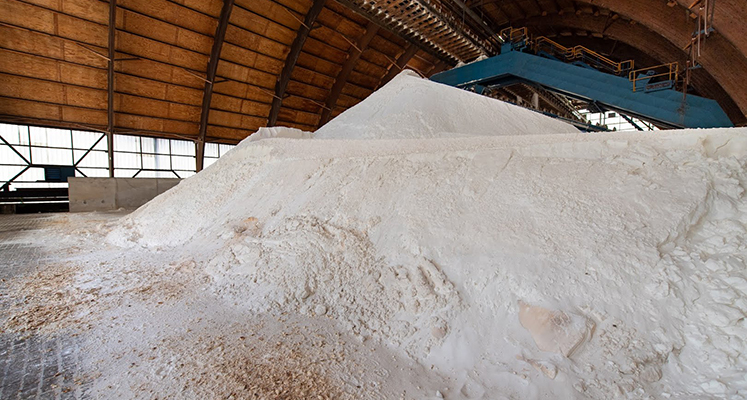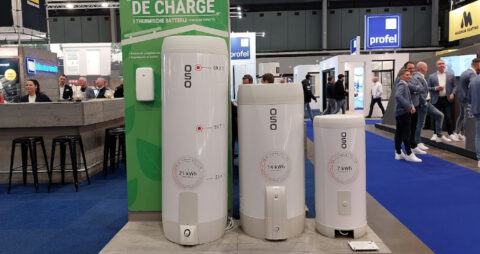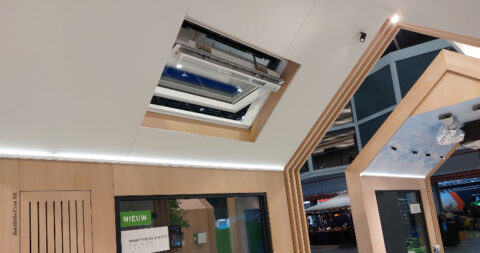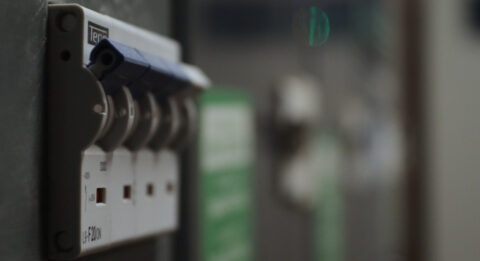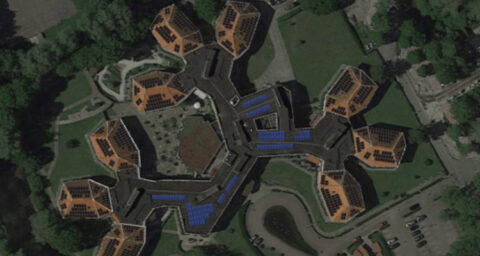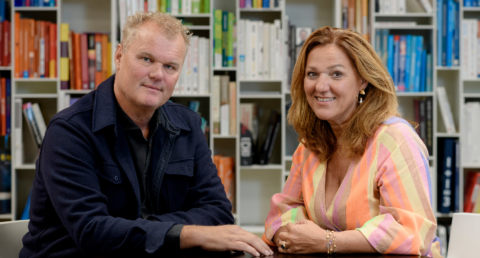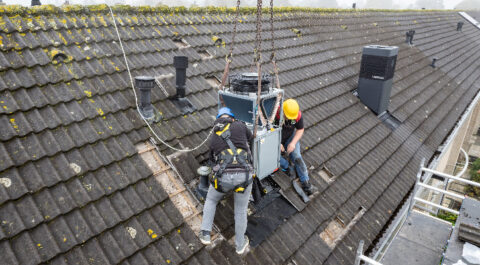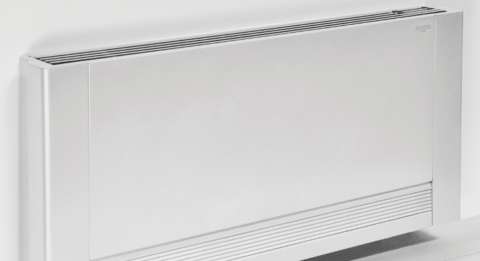Currently, lithium (LiFePO4) is mainly used in batteries. But the limited availability and high cost and energy consumption in lithium extraction limit its widespread application. Research shows that sodium battery cells (based on NaAlCl4, sodium tetrachloroaluminate, STCA) can be an alternative to this and provide comparable or even better performance. The Netherlands is now starting a research project on sodium batteries.
Nobian and Exergy Storage, University of Twente and innovation platformISPT are launching a collaboration in the project STARBATCH - aimed at developing a new battery technology that uses sodium instead of lithium. In addition to technology development needed for the energy transition, the project helps reduce dependence on foreign countries for battery raw materials and contributes to the strategic autonomy of the Netherlands and Europe for battery production.
In the STARBATCH project, Nobian, Exergy Storage, University of Twente and ISPT are joining forces to develop a new production process for sodium-based batteries. The parties in the consortium will collaborate on affordable, scalable, safe and energy-efficient production of sodium tetrachloroaluminate (NaAlCl4), a promising and more sustainable alternative to lithium-based batteries. STARBATCH stands for: Sodium Tetra chloro Aluminate Recyclable BATtery Chemicals.
Sodium as an alternative to lithium
Sodium, unlike lithium, is abundantly available and easily extracted in the form of salt (NaCl). The partners in this project have demonstrated on a laboratory scale that the main and active component for the new battery, NaAlCl4, can be produced more simply and sustainably compared to the existing method. In this new production method, sodium chloride, aluminum and chlorine are mixed in one reactor, allowing NaAlCl4 to be produced at lower temperatures.
Energy efficiency and strategic independence
In addition to replacing lithium with sodium, this innovative production process uses less energy than current methods. By using raw materials produced through electrical processes, such as chlorine, the carbon footprint is significantly reduced. The raw materials needed, such as salt (sodium chloride, NaCI), are abundantly available, providing strategic energy storage independence for the Netherlands and Europe at lower cost. The project aims to create a new value chain for batteries in the Netherlands, from salt extraction to battery production.
Coert van Lare, Director Innovation Program Renewable and Circular at Nobian said, "Nobian plays a crucial role in the battery value chain by providing essential chemicals for its production. The STARBATCH project focuses on more sustainable, salt-based batteries, which aligns perfectly with our Grow Greener Together sustainability strategy and strengthens Nobian's position in the energy storage sector. By using Nobian's raw materials (salt and chlorine), we are achieving growth that is also green."
Gert Jan Jongerden, director of battery developer Exergy Storage, said, "We are pleased that Nobian has taken our initial idea further and is now scaling it up. This process will improve the current generation of cells and simplify manufacturing. Exergy will thoroughly test Nobian's chemicals in its battery cells. Nobian's vision of "Grow Greener Together" is right up our alley. Exergy Storage wants to make an important contribution to a new, growing battery industry chain, which is essential for a sustainable future. That is why Exergy is fully committed to this project together with Nobian and other partners."
ISPT director Tjeerd Jongsma: "The future of Europe is electric. In this, new forms of batteries play an important role. An innovative production process with raw materials sourced from the Netherlands for the necessary chemicals is therefore spot-on."
Technology development and scale-up
The grant from TKI Energy (Top Consortia for Knowledge and Innovation) allows the STARBATCH project to develop sustainable technologies. The focus is on improving the efficiency and scalability of the production process. Activities include development and testing of a new reactor (by Nobian, supported by subcontractor Demcon-Suster and the University of Twente), testing of NaAlCl4 in laboratory batteries (by Exergy Storage), and preparation of a conceptual process design and economic analysis (by the University of Twente and Nobian). Preparations for scale-up to pilot-scale production are underway. In addition, cooperation between Dutch and European partners is being strengthened to accelerate technology development. Scale-up of the process technology is expected to lead to commercial production before 2030.
